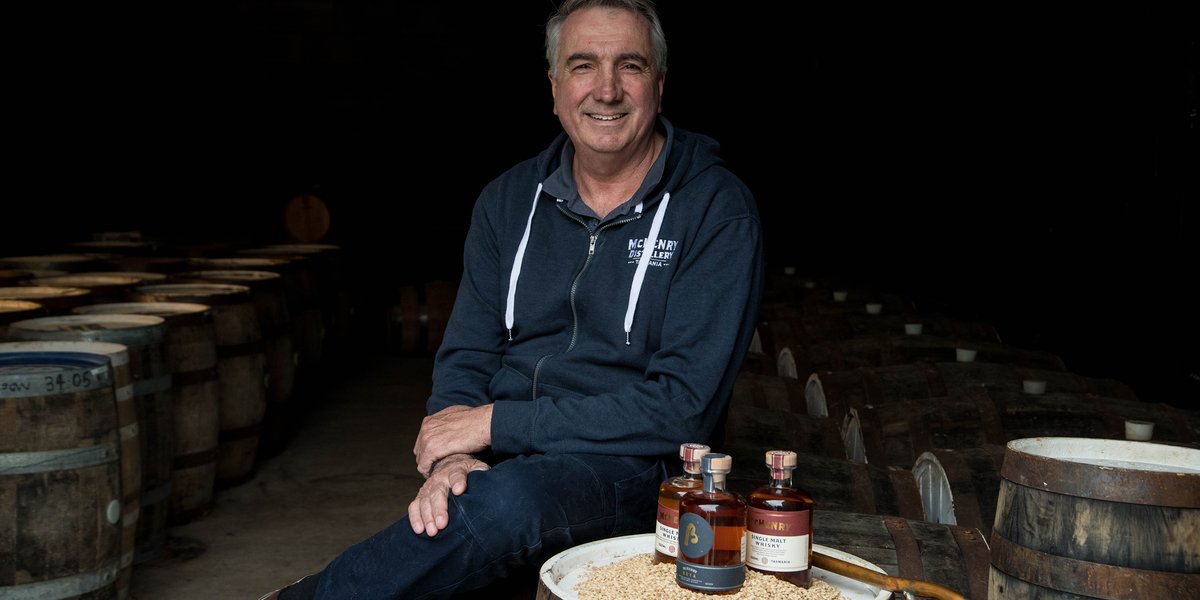Frederique Olivier
"It was the realisation of a childhood dream, to go and be a scientist or photographer out in the wilds of the Southern Ocean."
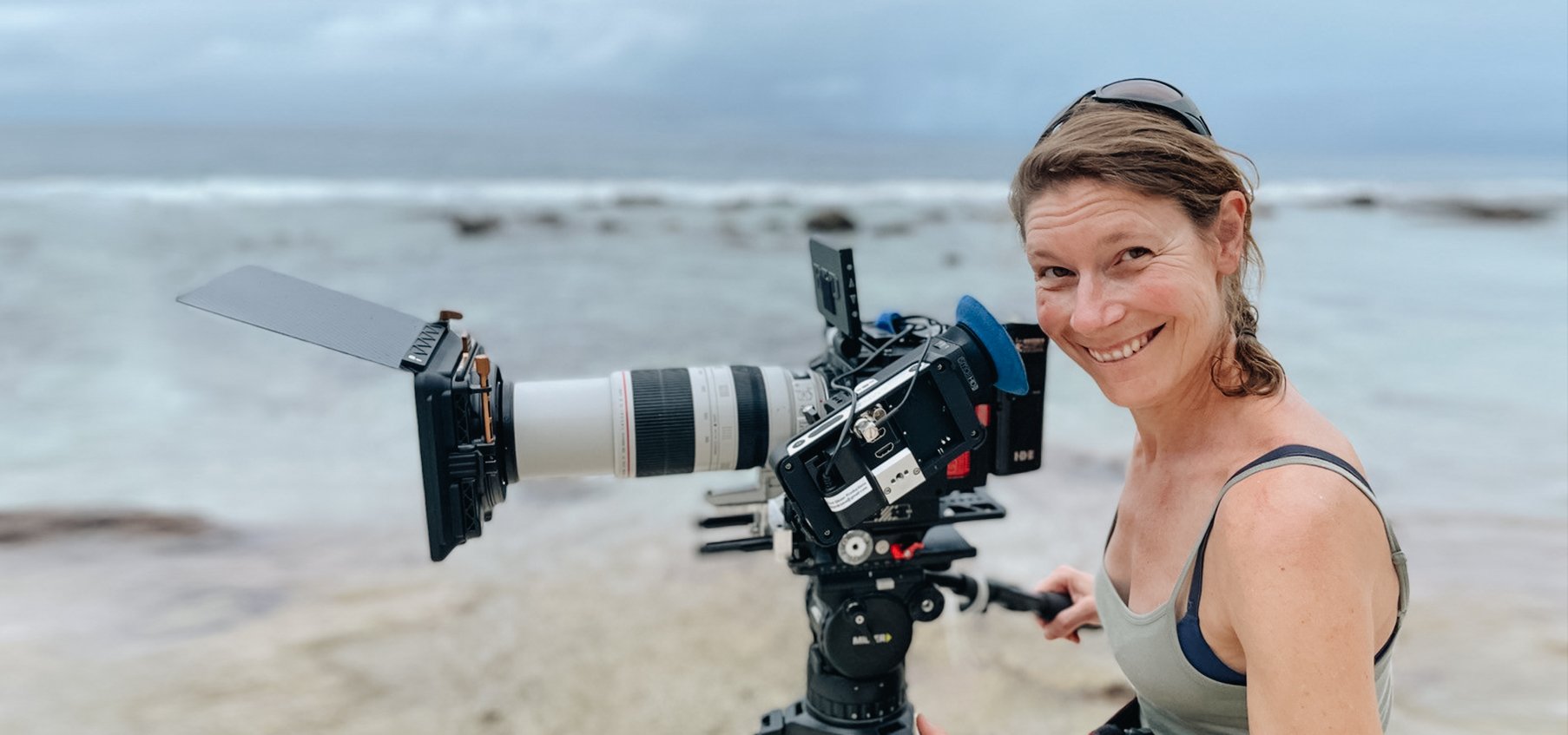
"I’ve seen so many Tasmanians being inventive and adaptive. I think that is probably why I fit here; because I have been able to be resourceful, to make a path for myself in my business."
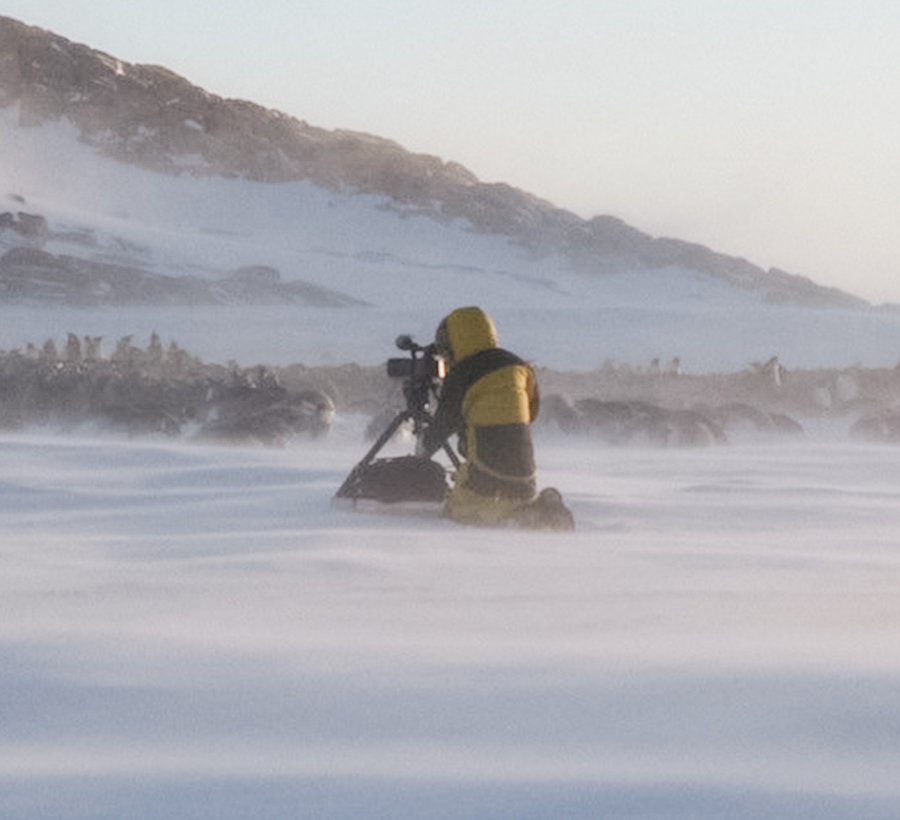
Growing up in France, Frederique Olivier was entranced by Jacques Cousteau’s oceanographic missions.
On Calypso, a refurbished British minesweeper, Cousteau and his team explored, dove underwater, and photographed the world’s oceans – including the Southern Ocean.
“They were going to see albatrosses,” says Frederique. “The inspiration, as a kid, really grasped me. I thought, ‘I want to do that.’ I guess I was extremely drawn to adventure and extreme environments as a child.”
When you dream of Antarctica, in your early years, there is a chance you will end up in Tasmania. “It was the realisation of a childhood dream, to go and be a scientist or photographer out in the wilds of the Southern Ocean.”
It began at the University of Tasmania, where she completed a PhD looking at the impact of climate change on seabirds. Like Cousteau, she is more than a scientist. Frederique is also an artist with a mission, she says, “to render the wildness and the intensity of the elements through imagery that connects people emotionally to the place.”
Frederique looks nothing like the cliché of an Antarctican: that is, beardy. “I’ve seen the number of women and the status of women change over the last twenty years in Antarctica,” she says, “and I must say it has largely improved. But it was tough, especially in the early years, being a woman in amongst a bunch of blokes. I had to work three times harder to gain respect.”
Being tough is tied up with being both Tasmanian and Antarctican. “It is a tough state to live in,” she says, “but people are extremely adaptable, creating solutions and just adapting to the environment, creating something local, something nice that they sell to the outside markets or to tourism markets.”
For Frederique, her early years among “transient” scientists made it easy to feel at home. She finds it cozy in Tasmania, likes that everyone you meet has a connection to someone else, and appreciates the smallness. “It’s a strength and a disadvantage depending on how you look at it, but I think it’s mostly a strength. Because against adversity, you know, it’s cold and miserable in winter so I think you probably need this strong community connection.”
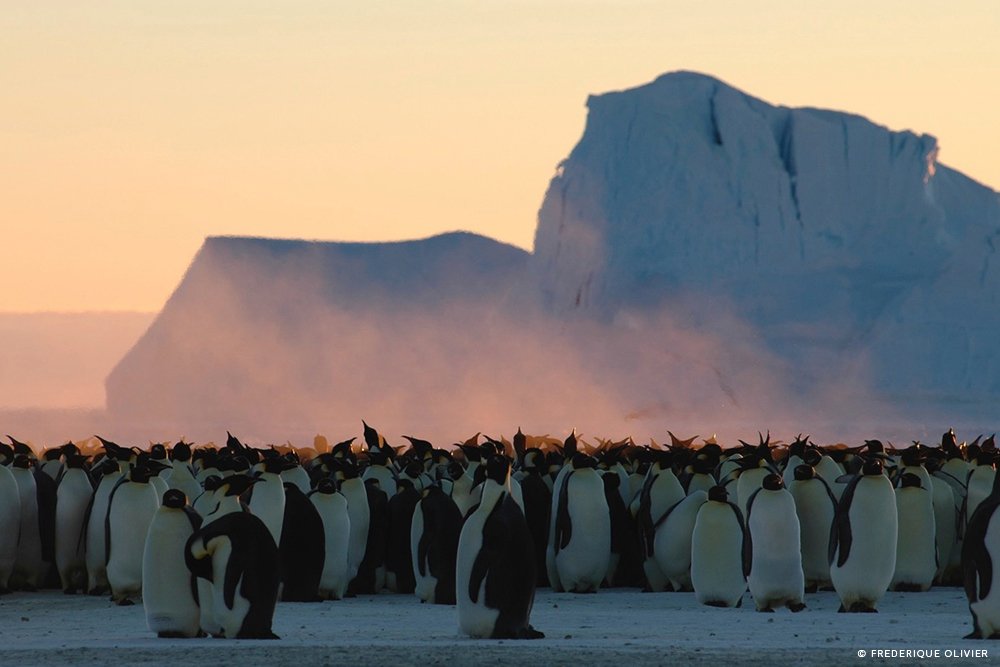
Frederique has been in Antarctica as a scientist, as a cinematographer for BBC’s Planet Earth and other productions, as a voyage manager, as a watercraft operator and coordinator. She thinks Hobart’s strength as an Antarctic gateway city is as a working science and logistics hub. There is a strong connection between Tasmanian culture and what she thinks the Antarctic needs.
“I’ve seen so many Tasmanians being inventive and adaptive,” she says. “I think that is probably why I fit here; because I have been able to be resourceful, to make a path for myself in my business. Although it hasn’t been easy.”
While she has tended to spend more time away from home than at home, with what she calls a “travelling mind,” Frederique has a spiritual connection to Frenchman’s Cap. And she has a plot of land in Fern Tree. She bought it when she was still a university student, newly arrived from France. “I chose Tasmania, honestly, because it was the best place to be. I don’t want to advertise it too far because there are too many people moving down here at the moment. But even twenty years ago it was still one of the best places. I remember vividly coming back from Europe and I was looking at Tasmania before the plane landed and I went, ‘Oh wow, this is home.’ After years of being a traveller.”
Frederique longs for the way Tasmanians interacted so freely with the Antarctic vessels, researchers, and visitors in her early years here. Tighter security and the new reality of a global pandemic make it harder today. “Back in the early 2000s everyone would walk across from the pub to wherever the ship was – Princes Wharf. There was such a lovely, deep connection with the community. We don’t have this connection anymore and it’s difficult to make. Antarcticans live here.”
Given her passion, her experience in Antarctica, the fusion in her career as a scientist and as a cinematographer, it’s difficult to imagine a better person to re-establish a strong relationship between Tasmania and Antarctica; to spread Antarctican culture.
Frederique Olivier is one of five Antarctican-Tasmanians featured in partnership with our friends at Antarctic Tasmania.
Header image by Lara van Raay.
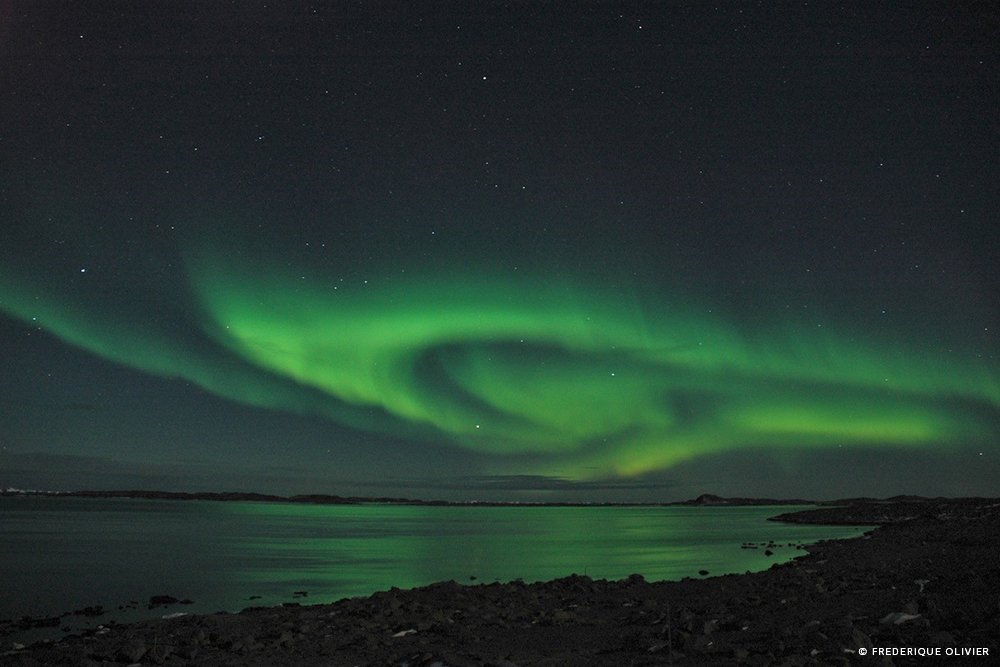
Read about more Tasmanians
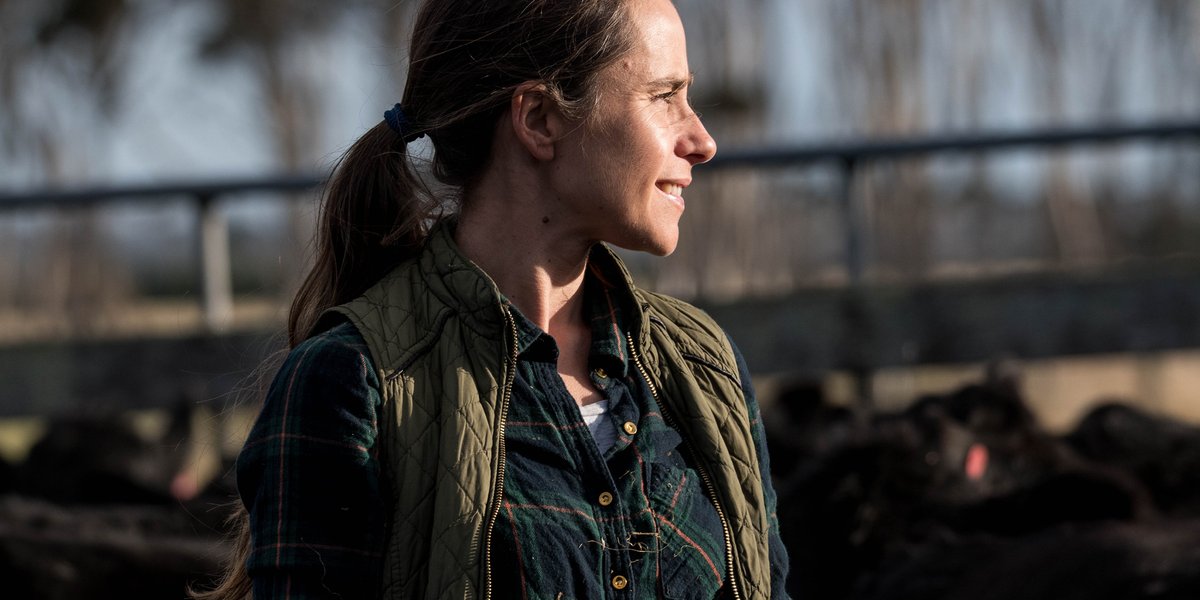
Ana Pimenta
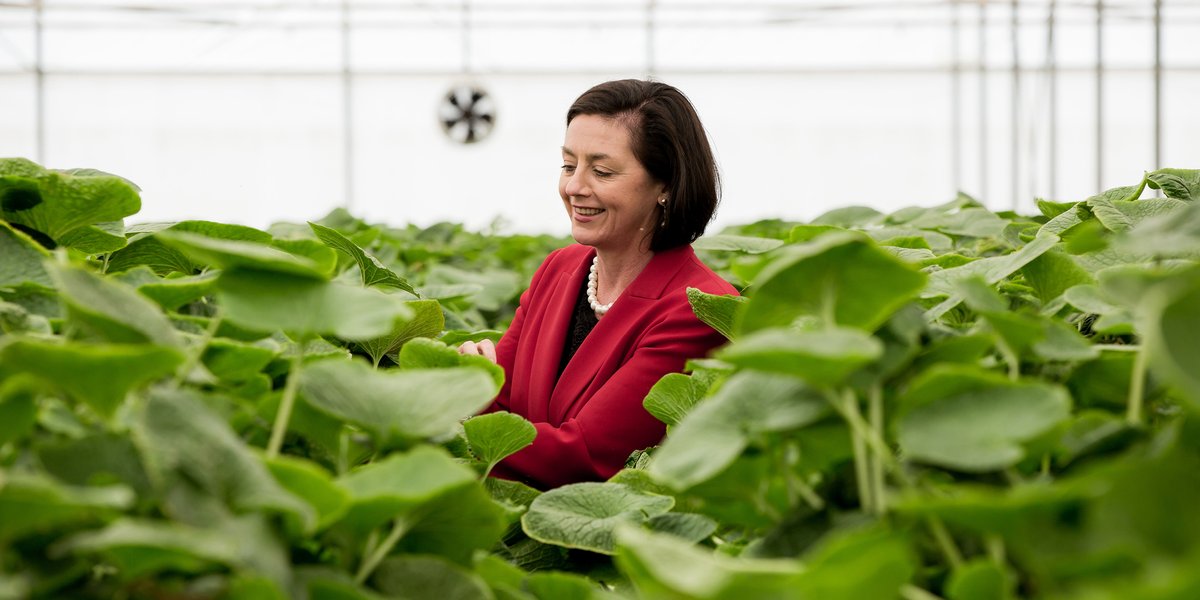
Jane Bennett
